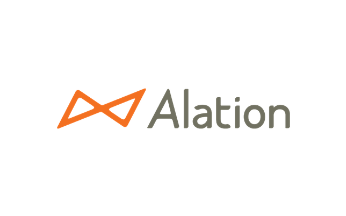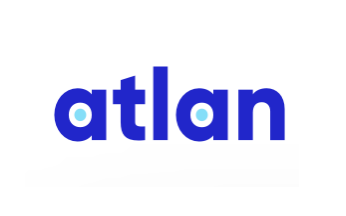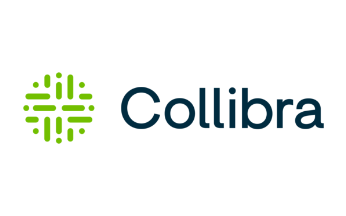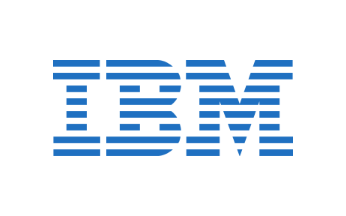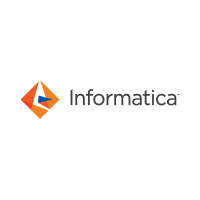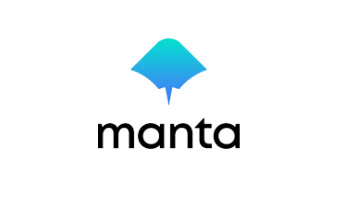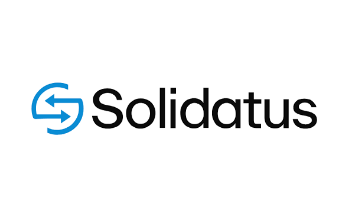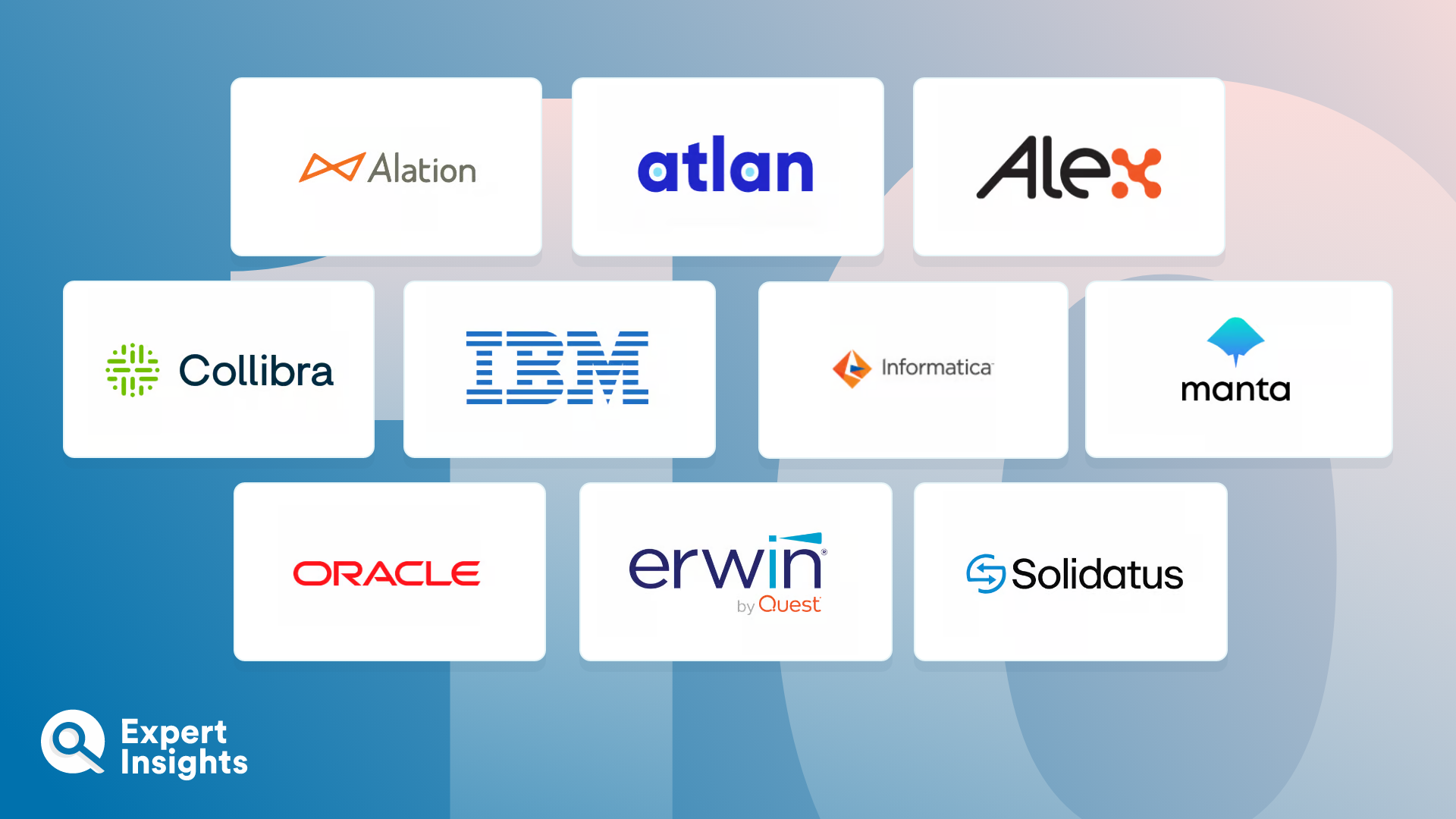Everything You Need To Know About Active Metadata Management Solutions (FAQs)
What Is Active Metadata?
Metadata gives us contextual information about data. If a book is a piece of data, for example, then its genre, author, and the shelf it sits on in the library are all metadata that could help us to find it in a library. If a movie is a piece of data, then its genre, director, producers, and actors are all metadata that could help us find it on a streaming service. Metadata allows us to describe and classify data so that it can easily be identified and located using defined metadata fields.
There are two types of metadata: passive and active. Passive metadata provides a basic, standard level of information about data that can be used to effectively classify and identify data. It’s usually technical, rather than contextual, and is considered “static” as it’s managed by humans and isn’t regularly updated. Examples of passive metadata include attributes such as data type and ownership.
Active metadata, on the other hand, adds further context, providing information about where the data resides, how it flows, and how it changes over time. It’s automatically generated and updated whenever the data is altered—because of this, it’s considered “dynamic”, and it can be used to monitor data quality, integrity, and usage.
In order to get the most out of their data, organizations should implement a system for managing their metadata—which is where active metadata management comes in.
What Is Active Metadata Management?
Active metadata management is a crucial part of data governance and management that helps organizations to understand, control, and maximize the value of their data assets. It’s a continuous process of analyzing metadata across your organization’s data stack, which typically comprises users, systems, and data governance tools. You can then use this analysis to identify patterns in your data operations, which can in turn be used to facilitate and improve data-driven business outcomes.
What Are The Benefits Of Active Metadata Management?
Active metadata management can give you a complete historical and current view of your data, including its lineage, context, and quality. This can help you identify historical patterns and trends in your data, and understand its origin. By ensuring all your data is properly classified using metadata, metadata management ensures you have a single source of truth for finding, accessing, and managing data across the entire organization, making the entire data management process much more efficient.
Secondly, by measuring key metrics such as completeness and consistency, active metadata management can help you quickly identify issues with the quality of your data. Data quality is critical to business operations, because poor quality data can lead you to make misguided decisions and waste company resources. By proactively monitoring your data quality in real-time, you can resolve any issues before they can impact your business’ operations.
Thirdly, active metadata management can help you ensure compliance with data governance policies, regulations, and standards, such as requirements for the classification, retention, or storage of sensitive data. It does this by first identifying all of your data so you know that it exists and where it resides, and then classifying it and ensuring it can only be accessed by specified, authorized users.
And finally, managing your metadata can give you deeper insights into your data, helping you to identify accurate trends and patterns that can be used to make informed, data-driven decisions that can improve your business’ operations.
What Are Active Metadata Management Solutions?
Active metadata management solutions are intelligent, API-driven tools that enable organizations to understand their data in complete context. They offer a centralized platform with which businesses can discover, classify, and manage their data, analyze improve data quality, manage and enforce data governance policies, automate data delivery, and understand how data is used. Combined, these processes provide businesses with useful context that can improve data quality and analytics, and inform data-driven decisions.
To achieve this, active metadata management platforms analyze all types of metadata from various data sources across the business’ environment, mapping the data’s lineage and giving users the ability to understand the source, movement, and transformation of data. They then enrich the metadata and send it out to different tools in the tech stack, and analyze it using machine learning to provide recommendations and optimization strategies such as job flows and resource allocation.
Active metadata management solutions typically feature data cataloging, data lineage tracking, business glossaries, and semantic frameworks. They also offer user-friendly interfaces and algorithms that assist in identifying trends, predicting user’s needs, and recommending actions based on users’ habits and usage patterns.
What Features Should You Look For In An Active Metadata Management Solution?
Here are the key features you should look for in an active metadata management solution:
- Data Discovery And Profiling: Your chosen solution should automatically scan and identify metadata across various data sources, including databases, files, and applications. It should then provide insights into the quality, structure, and relationships within the data.
- Data Catalog And Metadata Repository: Your solution should maintain a centralized repository to store metadata, making it easily accessible and searchable. This repository should support version controls, so you can track changes and updates to metadata over time. It should also capture and visualize the end-to-end data flow, showcasing how data moves and transforms across systems and processes.
- Metadata Tagging And Classification: All active metadata management solutions should allow users to apply metadata tags to classify and categorize data based on business rules or compliance requirements. The best solutions also automatically classify data based on predefined rules or machine learning algorithms.
- Data Quality Monitoring: Your solution should report on data quality metrics, helping you ensure data accuracy, completeness, and consistency.
- Alerts And Notifications: A good active metadata management solution provides alerts when data quality issues are detected, enabling timely corrective actions.
- Collaboration And Governance: Your chosen solution should facilitate collaboration among data stakeholders, allowing them to contribute insights, comments, and documentation.
- Policy Enforcement: Your solution should allow you to enforce data governance policies, ensuring compliance with regulations and internal standards.
- Integration With Data Management Tools: It’s important that your solution integrates with any other data management tools you’re using, such as Extract, Transform, Load (ETL) tools, data warehouses, and business intelligence platforms. It should also provide APIs for seamless integration with custom applications and third-party tools.
- Search And Discovery: You should be able to easily search and discover metadata using filters, keywords, or natural language queries.
- Security And Auditing: The best active metadata management solutions offer in-built security tools, such as role-based access controls that restrict access to sensitive metadata and ensure data security. Your chosen solution should also maintain audit trails to track changes and access to metadata, ensuring accountability and supporting compliance requirements.



